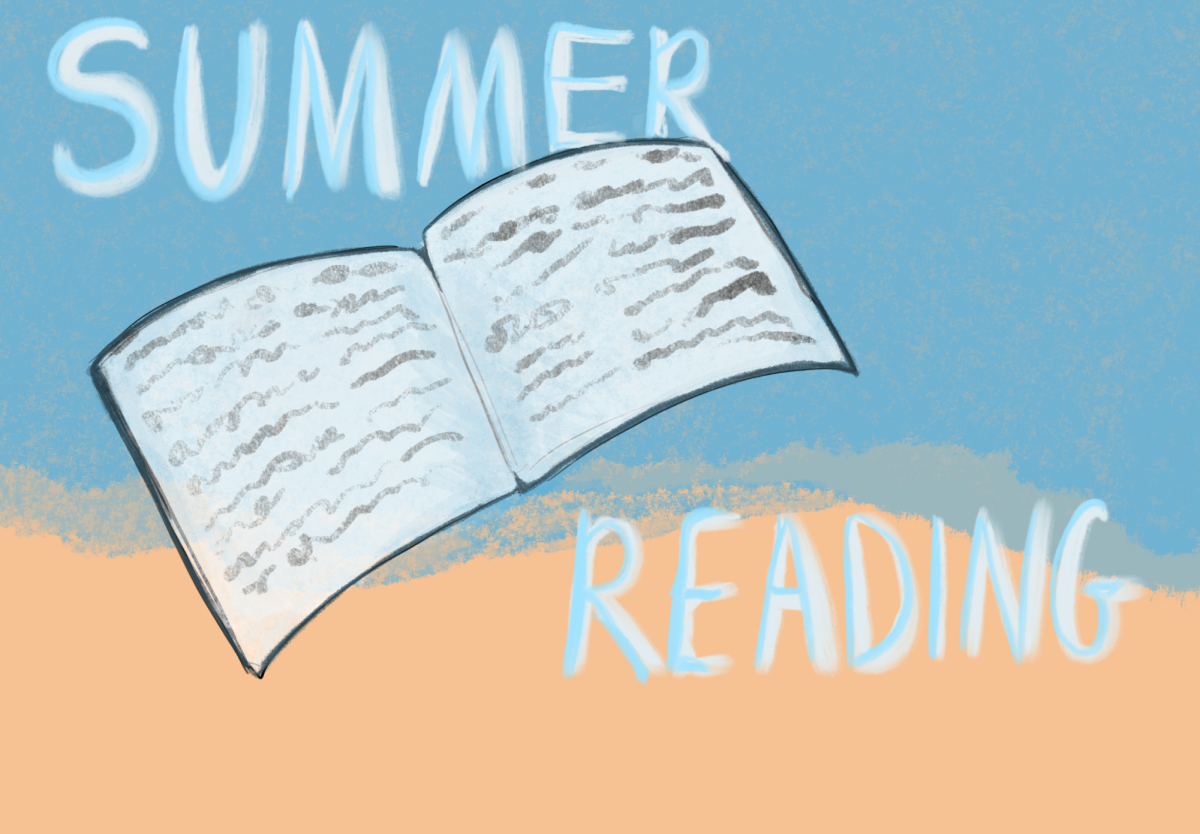Every year, students receive increasing loads of schoolwork and participate in more extracurriculars. While some homework is crucial for students to practice and review concepts learned in school, an excess of work hampers creativity in students by limiting their free time. Too many extracurriculars has the same effect by overcrowding students’ schedules. However, having time to be bored is essential for students to live fully enriched lives.
Boredom sparks creativity by forcing students to think of things to do; instead of moving passively through their day with scheduled activities, they have the freedom to make their own decisions. Therefore, boredom requires students to generate their own ideas, without any prompts or someone telling them what to do, like at school. In that sense, the ability to embrace boredom is an essential learned skill that most students today have trouble grasping.
A typical day for many high school students might include a full school day, practice for a sport or another type of extracurricular, homework and then bedtime. Maybe there is some time for scrolling on social media or napping; however, very rarely do students have more than one to two hours of free time, especially student-athletes or honors and AP students. Additionally, in the free time they may have, many students are too tired to do anything but rest and relax. Even worse, every college admissions site reminds students that all of their free time should be spent participating in extracurriculars, starting non-profits, volunteering and taking a challenging course load. While those are beneficial endeavors, they do not afford students an abundance of extra time for anything else. Therefore, the average student has very little time to actually be bored or explore their own interests.
If you asked a high school student their hobbies, they might name reading, music, art, etc. Even so, when asked how much time they spend on those hobbies outside of school, it tends to be a very limited time.
“Personally, I do love to read, but I have a hard time balancing reading for pleasure with my schoolwork,” student Sofia Baroletti said.
Exploring hobbies and interests quite literally form a person’s sense of self; they are an essential part of one’s identity. On top of that, they provide a time for students to escape their daily lives and de-stress. The only problem is they require free time that students do not have. If students were bored often, they could turn to their hobbies and explore all of their interests to their full potential. Instead of only reading once every two weeks, a student would be able to delve into a book series or maybe even try writing something themselves. Or, if a student is into music, they would have more time to learn different instruments or how to compose their own music. With less school work and activities, students would be able to feed their creativity and develop their sense of identity.
In today’s age, people, especially young people, are becoming increasingly dependent on technology. Most students are used to having access to apps to communicate with their friends at all times. They require their friends’ help and opinions or their phones for even simple things like clothing choices and homework help. With this dependence in mind, if students move through their days completing schoolwork and participating in extracurriculars only, they do not practice independence and free-thinking. However, free time forces students to rely on their own internal thoughts and ideas instead of outward stimulus prompting their actions. Consequently, boredom is vital for students to develop a mature sense of independence, especially with the technology of today.
In the end, students require a considerable amount of time to be bored to become well-adjusted adults. By being bored, they gain independence, hobbies and most importantly, their sense of self.









